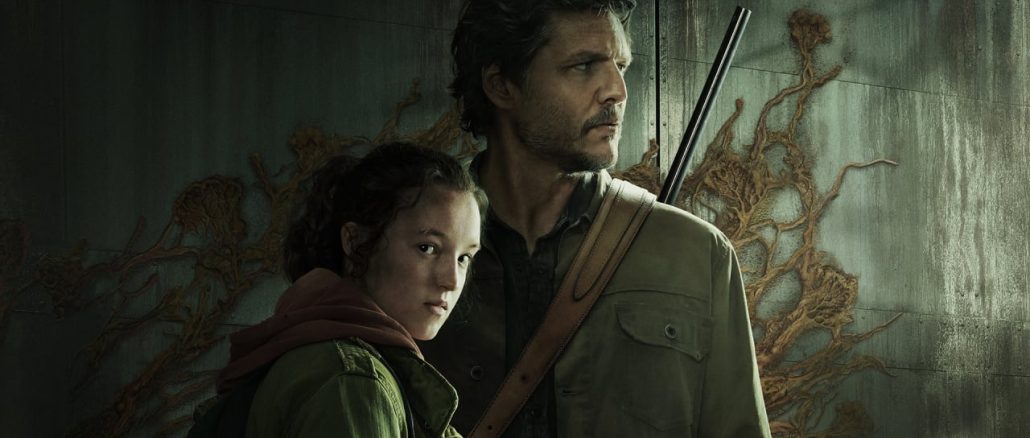
The knives were out for screenwriter Craig Mazin during the press run for his TV adaptation of hit video-game “The Last of Us.” Despite heavy collaboration with the games original creator Neil Druckman, fans were not impressed that some aspects of the source material were discarded from the show or that the lead stars Pedro Pascal and Bella Ramsey were told to not play or watch the original story. Most controversially however Mazin suggested that the game’s big moments lacked emotional weight saying that “watching a person die, I think, ought to be much different than watching pixels die.” In hindsight however, the fans’ disgust at what was being taken out of the game seems incredibly juvenile given how much Mazin has expanded upon a lot of the ideas from “The Last of Us.”
The term “the video game curse” was invented due to how notoriously bad movie adaptations have been, but recently Netflix’s “The Witcher” and “Arcane” have shown that TV is a medium much more suited to telling these stories. “The Last Of Us” has two and a half hours’ worth of cutscenes, about the length of a feature film. But players will have spent so much longer with characters Joel and Ellie during gameplay that any film adaptation would struggle to create anywhere near that level of immersion. Here, there are a lot more scenes of characters talking, joking with and annoying each other, and gaining your investment as a result. Action is used in games to put you in its character’s shoes but here it is used as dramatic tension for characters you already care about.
Perhaps the greatest achievement of the show so far has been its improved characterisation of Bill, a doomsday prepper who finds himself in the perfect situation when the apocalypse hits. Bill’s purpose in the game is very simple. He is a lonely man who survives for survivals sake and believes relationships will make you weak, acting as a warning to our protagonist Joel that a life without someone to care for will make you bitter and grumpy. The show has Bill, played by Nick Offerman, serve a similar purpose but flips the situation on its head completely. This time a tender romance plays out between himself and a lost traveller named Frank in which Bill allows himself to put his guard down and learn to love both himself and a partner. Apocalypse stories are often full of melancholy and despair, so to end an episode with our lead character being told that it is possible for him to be happy again is a lot more impactful than his previous job of representing misery in an already miserable world.
Possibly the greatest addition to “The Last of Us” that Mazin makes is the twenty year time jump from the “Doomsday” event to the modern day. With technology not advancing since the noughties our characters are put in a much tougher position to overcome problems but more importantly it means Ellie has only known life after the spread of the infection. Joel, a grieving father, ends up having to give Ellie, an orphan, a history lesson about the world before she was born. There are many moments, such as Joel having to teach Ellie to put on a seat belt that make you wonder “How was this never in the original story?” I think that’s a sign “The Last of Us” is in very safe hands.
Sean McStay
